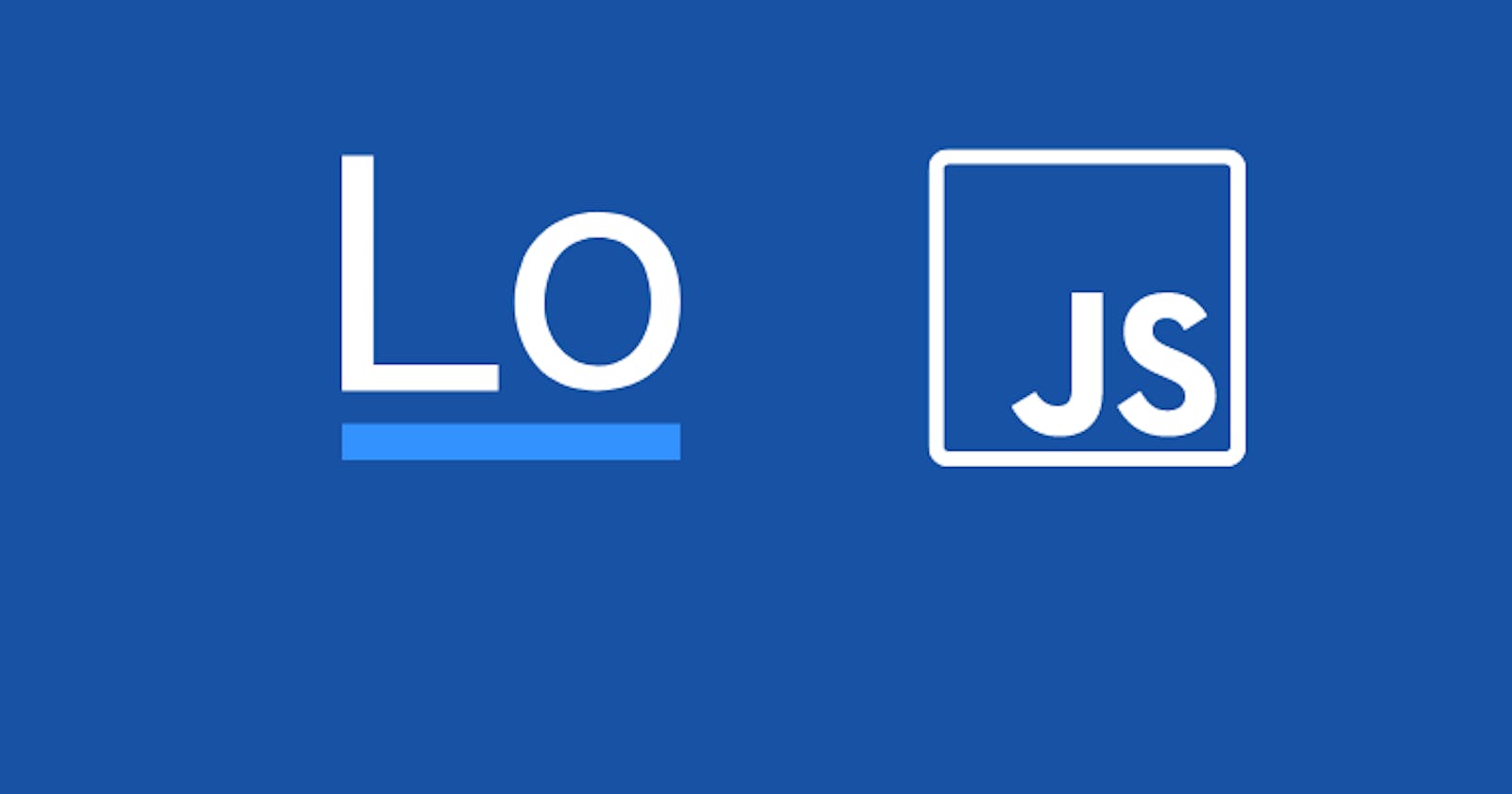Lodash can really level up your JavaScript game...
While it's not always the right choice for every project, Lodash can be a powerful tool in your programming toolkit.
Lodash is a popular JavaScript utility library that provides a wide range of functions to make programming easier and more efficient. The library is designed to work with both Node.js and web browsers and can be installed via npm or used as a standalone library in your web pages.
🔍 What is Lodash?
Lodash is a collection of over 300 utility functions that are designed to simplify common programming tasks. These functions cover a wide range of functionality, including data manipulation, object and array handling, string manipulation, and functional programming.
Why use Lodash?
There are several reasons why you might want to use Lodash in your JavaScript projects:
Increased productivity: Lodash provides a set of highly optimized functions that can help you perform common programming tasks more quickly and easily.
Cross-browser compatibility: Lodash is designed to work seamlessly across different browsers, so you can be confident that your code will work consistently on all platforms.
Improved code readability: By using Lodash functions, you can write code that is easier to read and understand. The functions are highly intuitive and often require less code than traditional JavaScript methods.
Fewer bugs: Lodash has been extensively tested and is highly reliable. By using Lodash functions, you can reduce the risk of bugs and errors in your code.
When to avoid using Lodash
While Lodash is a powerful tool, there are some situations where you might want to avoid using it:
Limited functionality: If you only need to perform a few basic operations, it might be more efficient to use native JavaScript functions instead of Lodash.
Performance considerations: While Lodash is highly optimized, there may be situations where native JavaScript functions or custom solutions offer better performance.
Project constraints: If you're working on a project with strict size or performance constraints, you may need to avoid using external libraries like Lodash.
Common Use Cases
Lodash has a wide range of use cases, but here are a few common scenarios where you might find it useful:
Data manipulation: Lodash provides a range of functions that make it easy to manipulate arrays, objects, and other data structures.
Functional programming: Lodash provides a range of functions that make it easy to write functional programming-style code, including map, reduce, and filter.
String manipulation: Lodash provides a range of functions that make it easy to manipulate strings, including functions for converting case, trimming whitespace, and more.
Utility functions: Lodash provides a range of utility functions that make it easy to perform common tasks like generating unique IDs, checking data types, and more.
While it's not always the right choice for every project, Lodash can be a powerful tool in your programming toolkit. If you think you need it , then give it a shot today .
